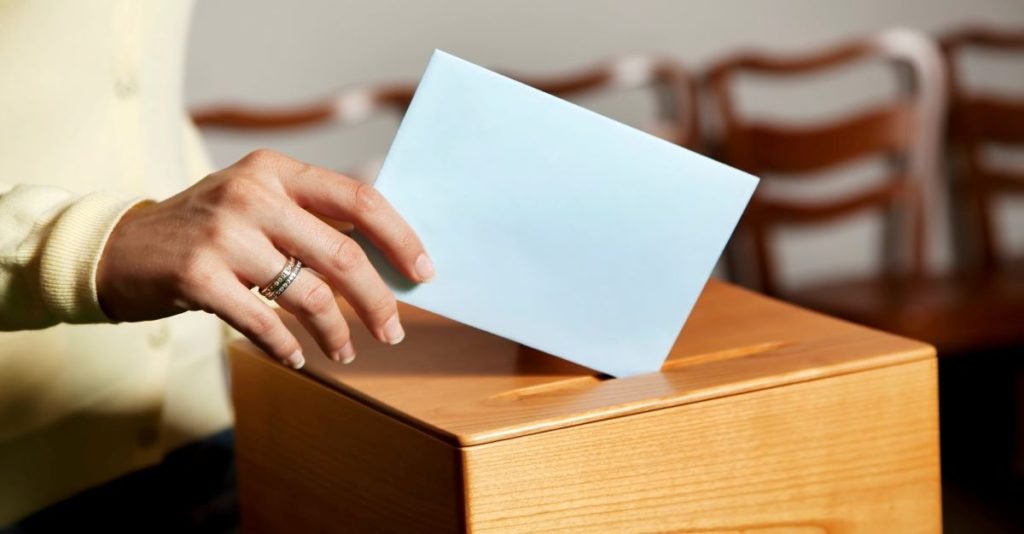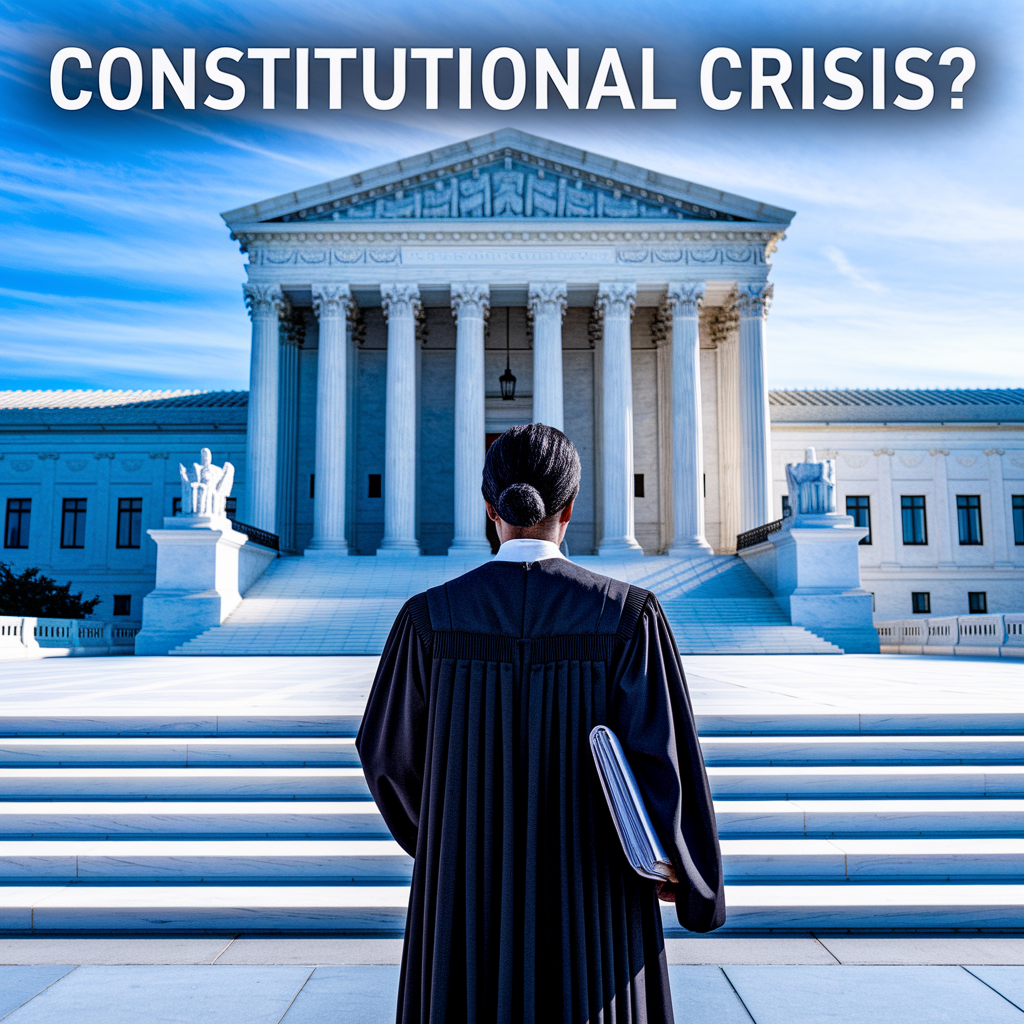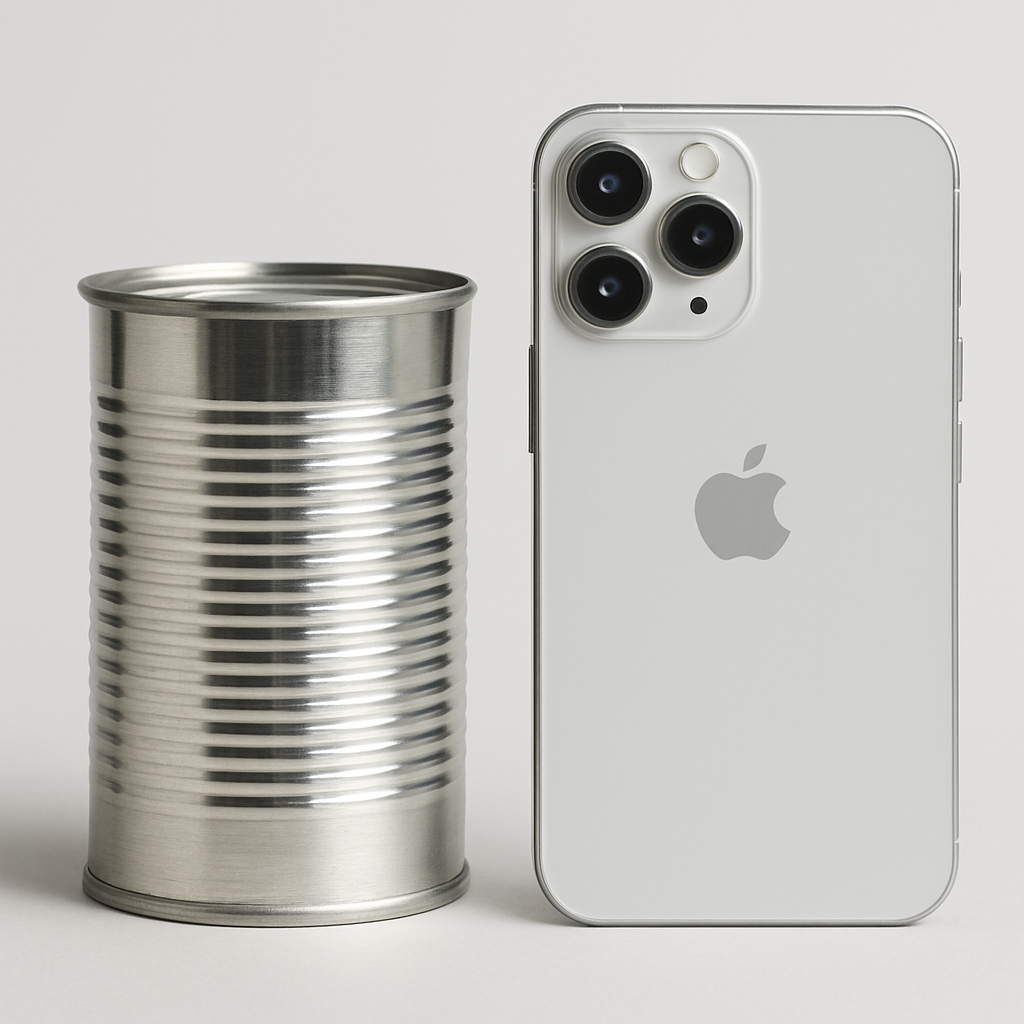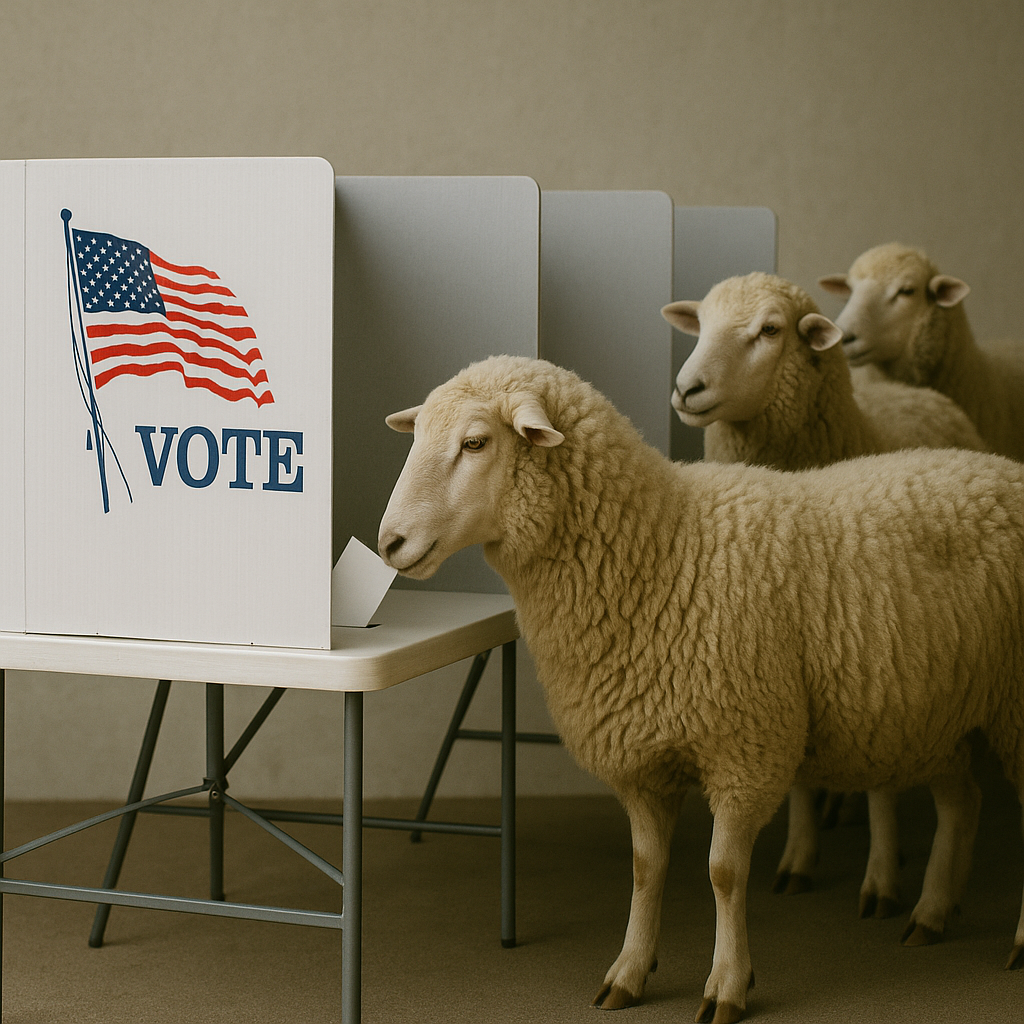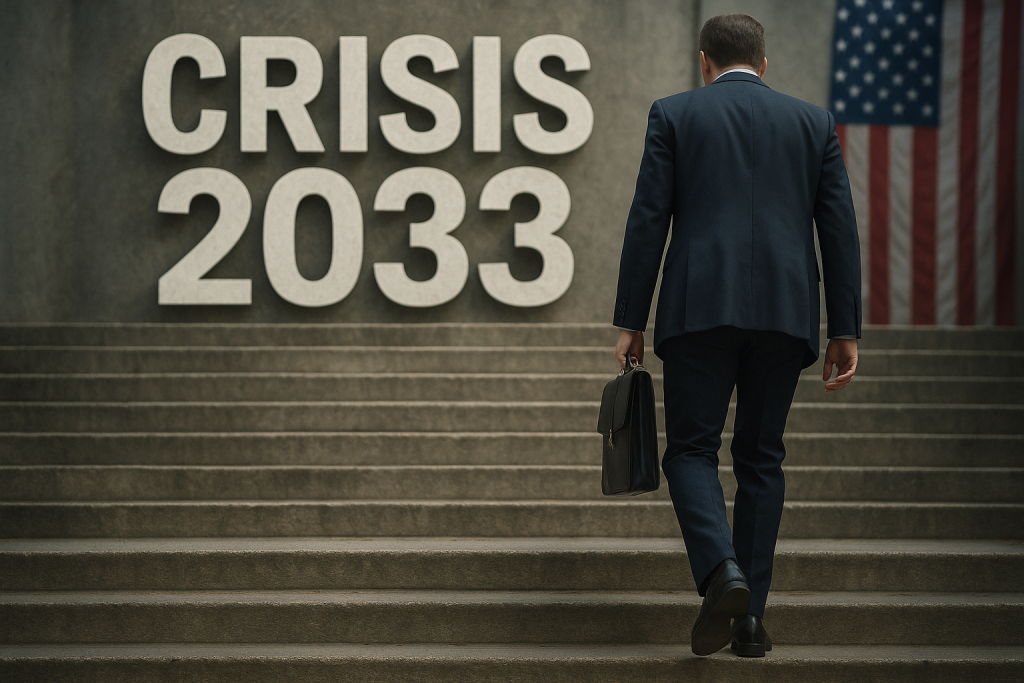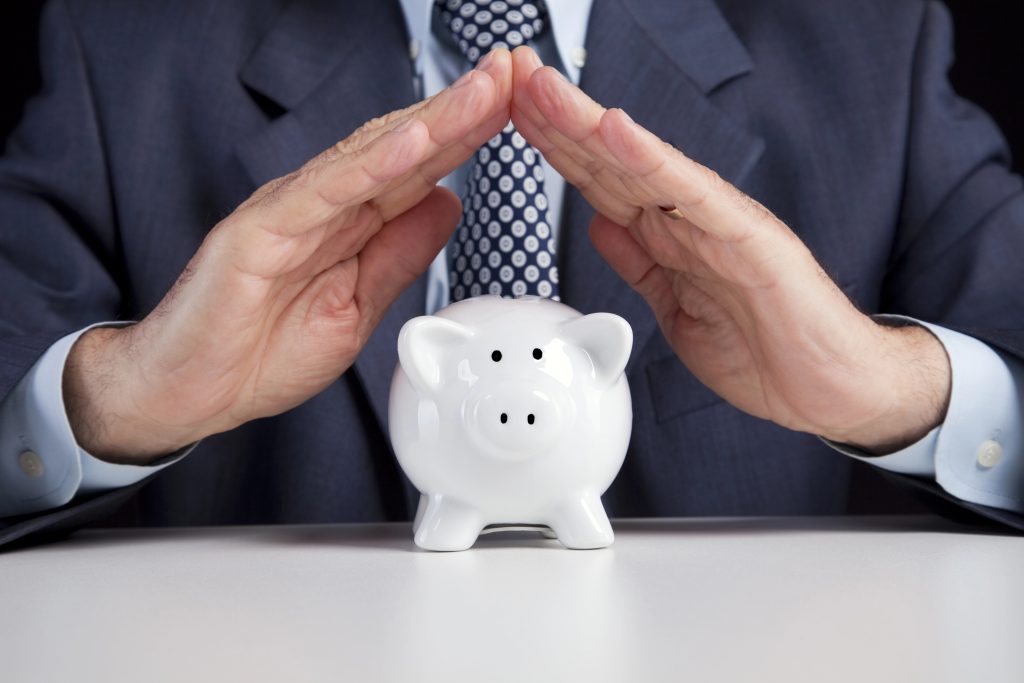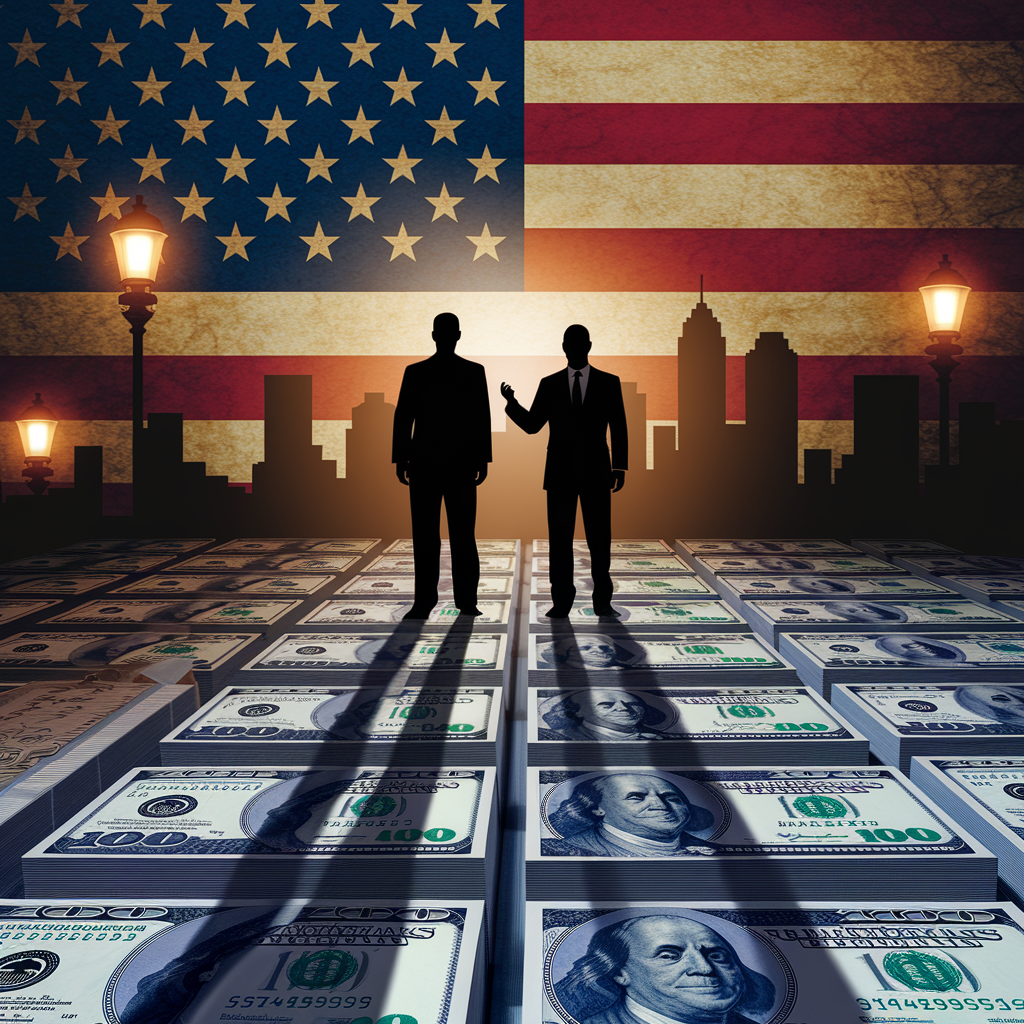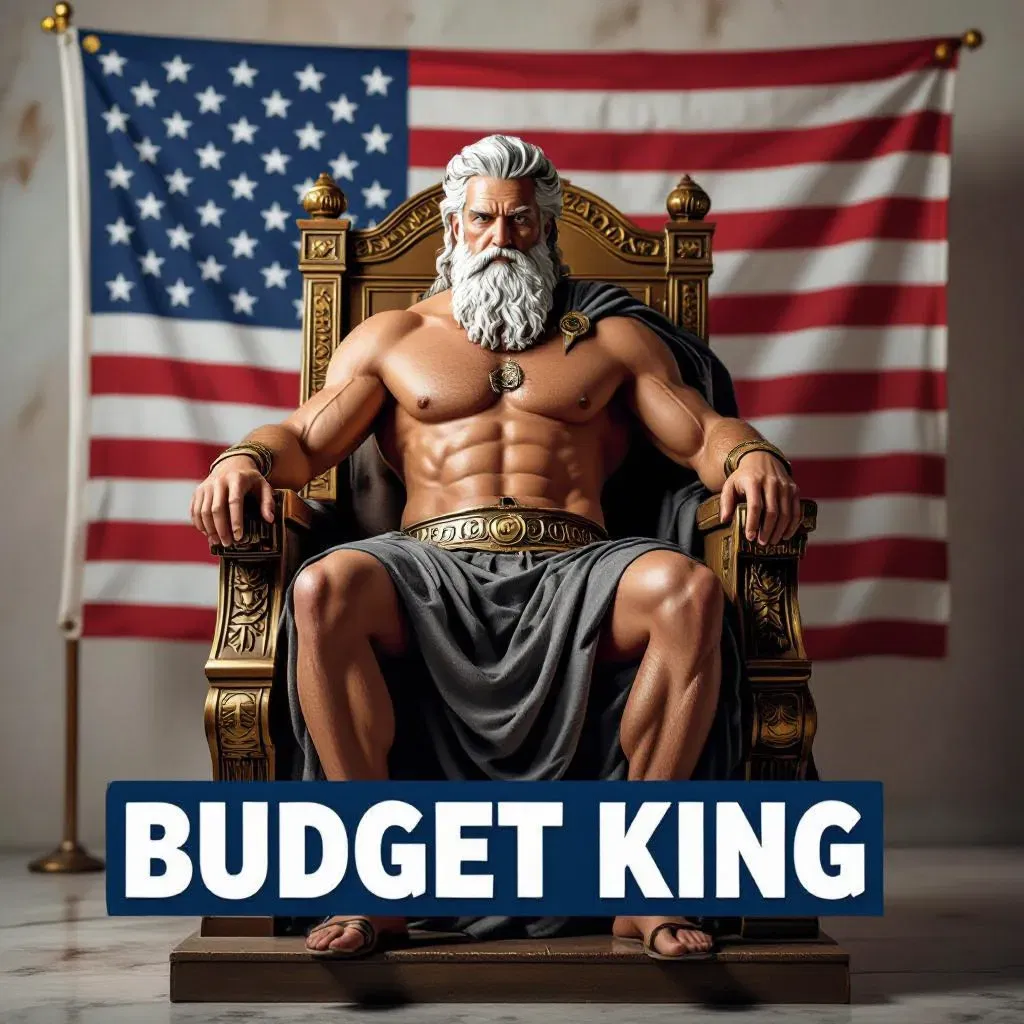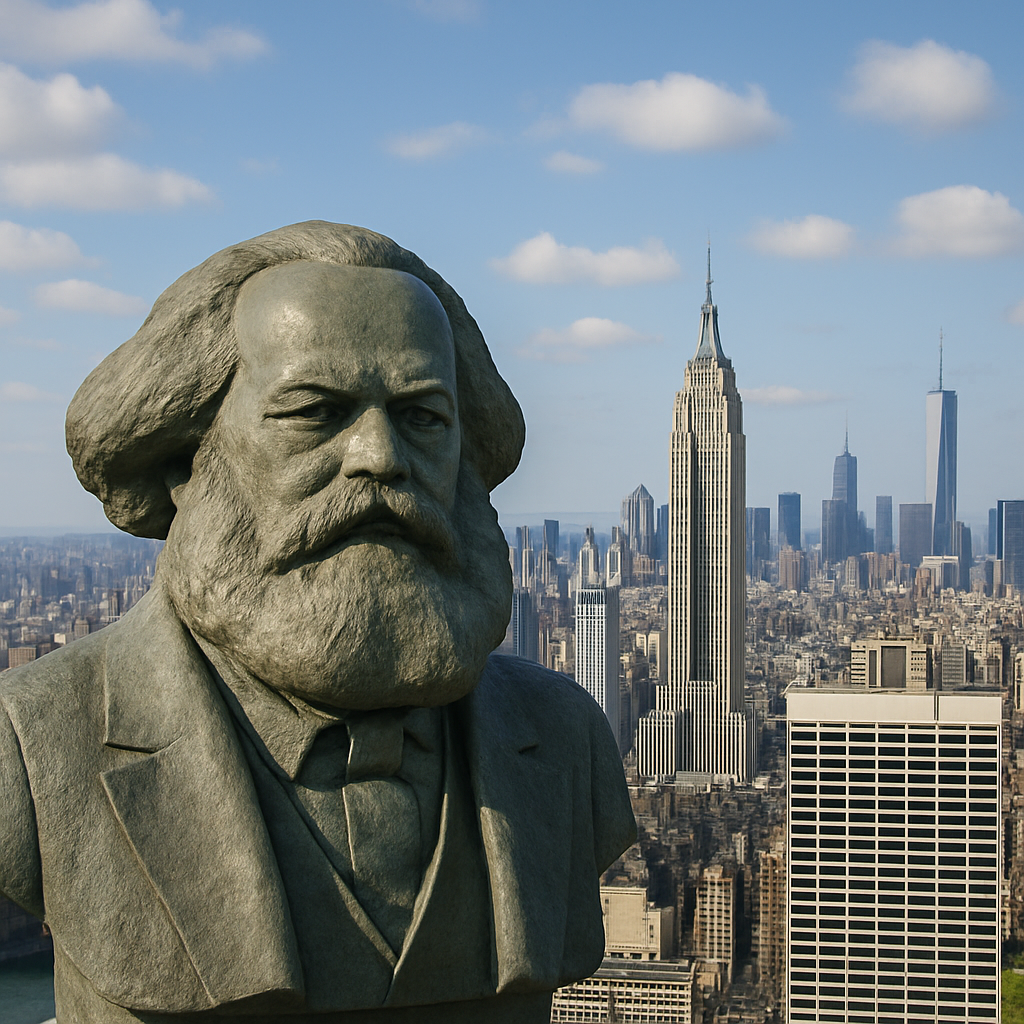The year 63 BC was an election year in ancient Rome, and an ambitious 37-year old was locked in a heated race for one of Rome’s most powerful offices: pontifex maximus.
The young politician, of course, was Julius Caesar. And he ran a cutthroat campaign against his opponents– two seasoned senators, both of whom Caesar publicly accused of corruption.
Caesar reputedly spent so much money on his campaign that, on election morning, he told his mother that he would either win, or he would have to leave Rome forever to flee his angry creditors.
The Romans didn’t invent elections; there’s evidence of voting that goes back nearly 1,000 years before Rome, to civilizations in ancient India and Mesopotamia.
And the Greeks, of course, developed the concept of democratic elections more than any other ancient culture.
(The Greeks even held ‘negative elections’ where they would vote on which former politicians should be banished for corruption and incompetence.)
But the Romans elevated elections to a full blown commercial enterprise. They were willing to spend big to win– a practice that continues to this day.
The Center for Responsive Politics recently estimated that the 2020 US Presidential election will cost a record $6.6 billion. That’s nearly THREE TIMES as much as the $2.3 billion spent in the 2016 campaign.
It’s not just the Presidency either. Even a ‘lowly’ Congressional seat costs big money these days, with a whopping $7.25 billion spent in the 2020 election. That’s double the amount from 10 years ago.
But the real cost of elections goes far beyond dollars and cents.
The biggest example is the emotional cost; I’m not sure many of us have ever witnessed such drama to the extent that has unfolded in this election.
The constant shouting and screaming, the media and celebrity shrieking, the Twitter rage… it never stops.
Countless people get behind their candidates as if their lives depend on it, with utter devotion and euphoria for their chosen one, and unmitigated hatred for the opposing side.
Things have become so crazy that couples even break up over politics.
A recent study by Wakefield Research found that 11% of couples in the United States have split up over political differences. And among Millennials, that number rises to 22%.
I find it remarkable that we allow extreme emotions for politicians (who we’ll most likely never meet) to cause a breakdown in relationships with some of the actual people who are in our daily lives.
These extreme emotions will be felt even more acutely today, and in the coming days (or weeks) as the results are announced.
Grown adults are going to break down and cry as if their dog just died. Others will hoot and cheer like they’ve just won the lottery.
And this happens every time. Every few years it’s the same cycle… the same drama. We’re told every single time that ‘this is the most important election of our lives.’
Naturally there’s an entire industry counting on us being emotional. The media sells more ads, the politicians get more votes. Billions of dollars at stake depend on us being in a total frenzy.
Look, I’m not being dismissive about elections. Obviously the people who come to power can and do have enormous influence on our lives.
They can wreck havoc and destruction, even when they’re well-meaning.
They can burden future generations with ever-increasing debts, debase the currency, regulate entrepreneurs out of business, embolden extremists, tax people’s prosperity away, and all sorts of other terrible things.
So, yes, to a degree, it’s always important.
But in the midst of all this drama is a central theme that’s almost always lost.
People tend to forget that WE have a much bigger impact on our own lives than any politicians or government.
Elections deceive us into pinning all the hopes and dreams for our future on some political candidate, like he or she is going to walk across the water and sprinkle prosperity everywhere.
But this is an absurd fantasy.
What we do matters far more — the plans we make, the actions we take, the things we do to improve our own lives.
This is like voting for yourself. And we have the opportunity to do this every single day.
